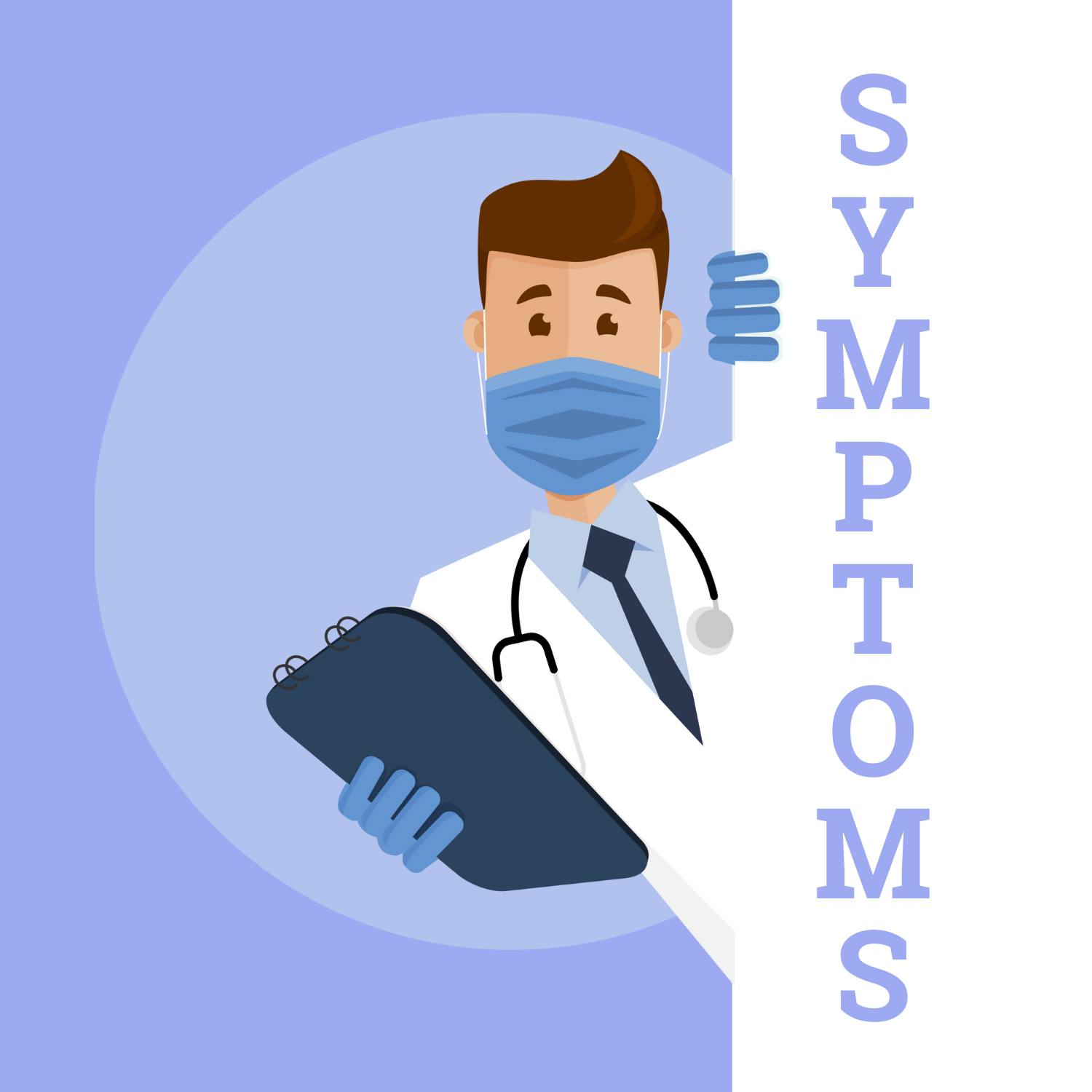Perimenopause
Perimenopause, the transitional phase leading up to menopause, marks a significant shift in a woman's life. This period, lasting anywhere from four to ten years, brings about hormonal fluctuations that can manifest in a wide range of physical and emotional changes.
What is Perimenopause?
Perimenopause is a natural transition period that occurs before menopause, marking the end of a woman's reproductive years. It is a time when the body undergoes hormonal fluctuations and prepares for the eventual cessation of menstruation. While menopause usually refers to the point when a woman has not had a menstrual period for 12 consecutive months, perimenopause encompasses the years leading up to this final stage.
On average, perimenopause begins in a woman's 40s, but it can start as early as the mid-30s or as late as the 50s. The duration of perimenopause varies from person to person, typically lasting around four to ten years. As ovarian function declines, estrogen and progesterone levels fluctuate up and down. These hormonal shifts can have a significant impact on a woman's physical and emotional well-being. Estrogen, in particular, plays a crucial role in regulating the menstrual cycle, maintaining bone density, and supporting overall vaginal health.
As perimenopause progresses, the levels of estrogen may decline, leading to irregular menstrual cycles. Periods may become lighter, heavier, or more erratic, eventually leading to amenorrhea (absence of a period) for 12 consecutive months, signaling the arrival of menopause.
Common Symptoms:
While no two experiences are identical, some common symptoms associated with perimenopause include:
- Irregular menstrual cycles: Women may notice changes in the frequency, duration, and intensity of their periods. Some may experience heavier or lighter flow, while others may have shorter or longer cycles. These fluctuations can be frustrating and unpredictable.
- Hot flashes and night sweats: These sudden rushes of warmth, often accompanied by sweating, can be disruptive to sleep and daily activities.


- Vaginal dryness and discomfort: Reduced estrogen levels can affect vaginal tissues, leading to dryness, pain during intercourse, and increased risk of urinary tract infections.
- Mood swings and irritability: Fluctuations in hormones can impact mood, causing irritability, anxiety, or even depressive symptoms.
- Sleep disturbances: Difficulty falling asleep, staying asleep, or experiencing restless sleep can be common.
- Changes in body weight and metabolism: Some women experience weight gain, while others lose weight. Metabolism may also slow down, requiring adjustments to diet and exercise.
- Brain fog and memory lapses: Difficulty concentrating, forgetfulness, and brain fog can occur due to hormonal changes.


Taking Charge of Your Health:
Living a healthy lifestyle is key to managing perimenopausal symptoms and promoting overall well-being. Here are some steps you can take:
- Maintain a healthy diet: Focus on nutritious, whole foods, fruits, vegetables, and lean protein and healthy fats. Additionally, incorporating phytoestrogen-rich foods such as soy, flaxseeds, and legumes can help alleviate symptoms associated with declining estrogen levels.
- Regular exercise: Engage in moderate-intensity exercise most days of the week to improve sleep, mood, and bone health. Engaging in physical activity not only helps maintain a healthy weight but also boosts mood, reduces stress, and improves sleep quality – all of which can be affected by hormonal fluctuations during this stage. Aim for a combination of aerobic exercises, strength training, and flexibility exercises to reap maximum benefits. Finding activities you enjoy, such as brisk walking, swimming, dancing, or yoga, can make it easier to stick to a consistent exercise routine.
- Prioritize sleep: Aim for 7-8 hours of quality sleep each night. Relaxation techniques like yoga or meditation can help.
- Manage stress: Find healthy ways to manage stress, such as spending time in nature, practicing mindfulness, or connecting with loved ones.
- Practice self-care: Self-care also involves taking time for yourself and engaging in activities that bring you joy and relaxation. Whether it's reading a book, taking a long bath, practicing a hobby, or spending time with loved ones, make sure to carve out moments of self-indulgence and self-reflection in your daily routine.
- Seek support from others: Seeking support from others who are going through or have gone through perimenopause can be incredibly beneficial. Joining support groups or online communities can provide a safe space to share experiences, exchange tips, and receive emotional support.
- Talk to your doctor: Regular checkups are crucial to monitor your health and discuss any concerns you have.
Diagnosis
Perimenopause is often diagnosed based on a woman's age and symptoms, there are diagnostic tests available to provide a more definitive confirmation.
One common diagnostic test used to confirm perimenopause is the measurement of hormone levels in the blood. This test typically involves assessing the levels of follicle-stimulating hormone (FSH) and estradiol. FSH levels tend to rise during perimenopause, while estradiol levels may fluctuate.
Another diagnostic test that can be helpful is the assessment of thyroid function. Thyroid disorders and perimenopause can share similar symptoms, so ruling out any thyroid issues is important in obtaining an accurate diagnosis.
It is important to note that while these diagnostic tests can be helpful, the diagnosis of perimenopause is ultimately based on a combination of your medical history, reported symptoms, and the exclusion of other possible causes
Treatment Options
While a healthy lifestyle is essential, certain symptoms may require additional support. Your doctor may recommend:
- Hormone replacement therapy (HRT): Replacing depleted hormones can alleviate hot flashes, night sweats, vaginal dryness, and other symptoms. However, HRT is not suitable for everyone, and potential risks and benefits should be carefully considered with your doctor.
- Other medications: Specific medications may be prescribed to address individual symptoms, such as antidepressants for mood swings or vaginal moisturizers for dryness.
Remember, you are not alone:
Perimenopause can be a challenging time, but it's important to remember that you are not alone. Numerous resources and support groups are available to help you navigate this journey. Talk to your doctor, connect with other women going through similar experiences, and prioritize your emotional and physical well-being. By embracing this transition with knowledge and self-care, you can turn it into an opportunity for growth and renewal.


